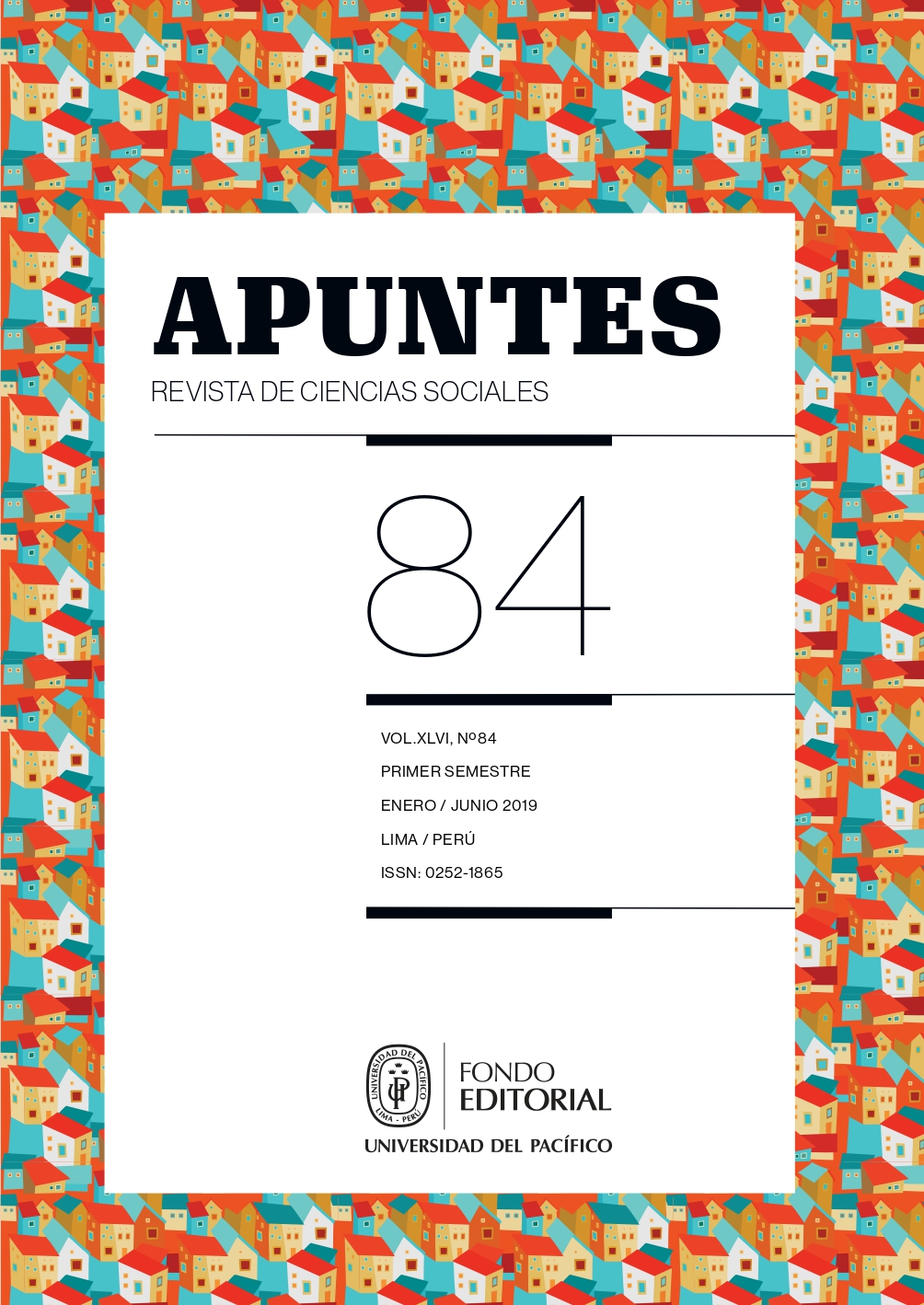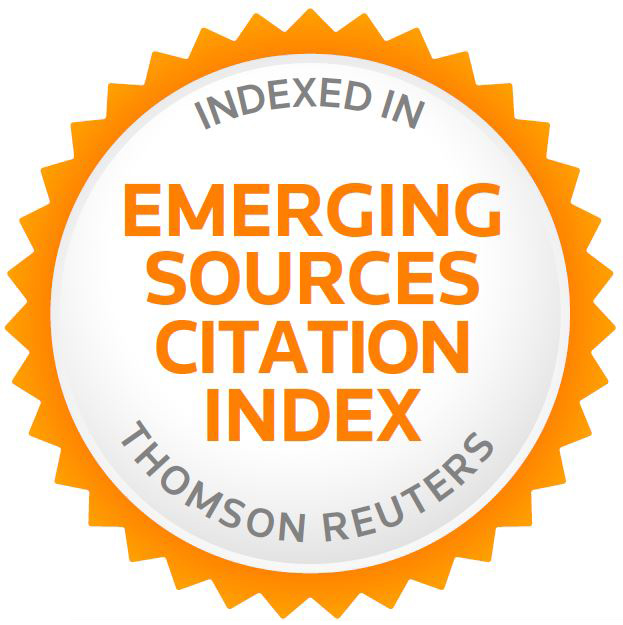Deportabilidad y manifestaciones del sufrimiento de los inmigrantes y sus familias
Resumen
En este estudio, examino la manera en que la deportación inflige diferentes formas de sufrimiento tanto a los migrantes como a sus familias. A partir de una serie de entrevistas abiertas con migrantes mexicanos, hijos de inmigrantes y deportados, examino no solo la condición subjetiva del estado de deportación de un migrante, sino también intento comprender el persistente miedo que tal condición inflige a cada uno de los miembros de la familia. Por lo tanto, en los casos presentados se intenta documentar las circunstancias que contribuyen a dicho sufrimiento. Por último, aunque todas las historias presentadas en este trabajo reflejan una dosis del dolor y ansiedad de las familias, también retratan, en última instancia, historias de resistencia y resiliencia dentro de la comunidad migrante.Referencias
Achotegui, J. (2009). El síndrome de Ulises: síndrome del inmigrante con estrés crónico y múltiple. Emigrar en el siglo XXI. Barcelona: El Mundo de la Mente.
Ahmed, S., Appelbaum, A., & Jordan, R. (2017). The Human Coast of IIRIRA: Stories from Individuals Impacted by the Immigration Detention System. Journal on Migration and Human Security, 5(1), 194-216.
Anderson, J., & Solís, N. (2014). Los otros dreamers. Ciudad de México: Offset Santiago.
Armenta, A. (2012). From Sheriff's Deputies to Immigration Officers: Screening Immigrant Status in a Tennessee Jail. Law & Policy, 34(2), 191-210.
Bauman, Z. (2004). Wasted Lives: Modernity and its Outcasts. Cambridge, UK: Polity.
Becerril, A., & Ballinas, V. (8 de febrero de 2017). La deportación de mexicanos podría llegar hasta 500 mil por año. La Jornada. Recuperado de http://www.jornada.unam.mx/2017/02/08/politica/004n1pol
Berger Cardoso, J., Randle Hamilton, E., Rodríguez, N., Eschbach, K., & Hagan, J. (2016). Deporting Fathers: Involuntary Transnational Families and Intent to Remigrate among Salvadoran Deportees. International Migration Review, 50(1), 197-230.
Boehm, D. A. (2016). Returned: Going and Coming in an Age of Deportation. Oakland, CA: University of California Press.
Brabeck, K., & Xu, Q. (2010). The Impact of Detention and Deportation on Latino Immigrant Children and Families: A Quantitative Exploration. Hispanic Journal of Behavioral Sciences, 32(3), 341-361. doi 10.1177/0739986310374053
Brotherton, D. C., & Barrios, L. (2011). Banished to the Homeland: Dominican Deportees and Their Stories of Exile. Nueva York: Columbia University Press.
Cassin, B. (2016). Nostalgia: When are we Ever at Home? (trad. de. P.-A. Brault). Nueva York: Fordham University Press.
Chomsky, A. (2014). How Immigration Became Illegal. Boston: Beacon Press.
Cohen, D. (2011). Braceros: Migrant Citizens and Transnational Subjects in the Postwar United States and México. Chapel Hill, NC: The University of North Carolina Press.
Countin, S. (2000). Legalizing Moves: Salvadoran Immigrants Struggling for U. S. Residency. Ann Arbor, MI: University of Michigan.
De Genova, N. (2002). Migrant «Illegality» and Deportability in Everyday Life. Annual Review of Anthropology, 31, 419-447.
De Genova, N., & Peutz, N. (Eds.). (2010). The Deportation Regime: Sovereignty, Space, and the Freedom of Movement. Durham, NC: Duke University Press.
Donato, K. M., & Armenta, A. (2011). What We Know About Unauthorized Migration. Annual Review of Sociology, 37(1), 529-543.
Dreby, J. (2006). Honor and Virtue: Mexican Parenting in the Transnational Context. Gender & Society, 20(1), 32-59.
Dreby, J. (2010). Divided by Border: Mexican Migrants and their Children. Berkeley, CA: University of California Press.
Dreby, J. (2012). The Burden of Deportation on Children in Mexican Immigrant Families. Journal of Marriage and Family, 74(4), 829-845.
Emerson, R. M., Fretz, R. I., & Shaw, L. L. (1995). Writing Ethnographic Fieldnotes. Chicago: The University of Chicago Press.
Escandell, X., & Tapias, M. (2010). Transnational Lives, Travelling Emotions and Idioms of Distress Among Bolivian Migrants in Spain. Journal of Ethnic and Migration Studies, 36(3), 407-423. doi 10.1080/13691830903266093
Foley, N. (2014). Mexicans in the Making of America. Cambridge, Massachusetts: The Belknap Press of Harvard University Press.
Golash-Boza, T. (2012). Immigration Nation: Raids, Detentions, and Deportations in Post-9/11 America. Boulder: CO: Paradigm Publisher.
Golash-Boza, T. (2015). Deported: Immigrant Policing, Disposable Labor, and Global Capitalism. Nueva York: New York University Press.
Golash-Boza, T. (2016). Racialized and Gendered Mass Deportation and the Crisis of Capitalism. 2016, 22(1), 7. doi 10.5195/jwsr.2016.610
Golash-Boza, T., & Hondagneu-Sotelo, P. (2013). Latino Immigrant Men and the Deportation Crisis: A Gendered Racial Removal Program. Latino Studies, 11(3), 272-292.
Hernández-León, R., & Zúñiga, V. (2016). Introduction to the Special Issue: Contemporary Return Migration from the United Stated to Mexico. Focus on Children, Youth, Schools and Families. Mexican Studies/Estudios Mexicanos, 32(2), 171-198.
Hesse-Biber, S. N. (Ed.) (2014). Feminist Research Practice: A Primer. Thousand Oaks, CA: Sage Publications.
Hipsman, F., Gómez-Aguinaga, B., & Capps, R. (2016). DACA at Four: Participation in the Deferred Action Program and Impacts on Recipients. Recuperado de http://www.migrationpolicy.org/research/daca-four-participation-deferred-action-program-and-impacts-recipients?gclid=CL32-7rv_NECFYaCswodo4EETA
Hron, M. (2009). Translating Pain: Immigrant Suffering in Literature and Culture. Toronto: University of Toronto Press.
King, R. D., Massoglia, M., & Uggen, C. (2012). Employment and Exile: U. S. Criminal Deportations, 1908-2005. American Journal of Sociology, 117(6), 1786-1825.
Maldonado, M. M., Licona, A. C., & Hendricks, S. (2016). Latin@ Immobilities and Altermobilities Within the U. S. Deportability Regime. Annals of the American Association of Geographers, 106(2), 321-329.
Massey, D. S. (2007). Categorically Unequal: The American Stratification System. Nueva York: Rusell Sage.
Menjívar, C. (2011). The Power of the Law: Central Americans’ Legality and Everyday Life in Phoenix, Arizona. Latino Studies, 9(4), 377-395.
Menjívar, C., & Abrego, L. (2012). Legal Violence: Immigration Law and the Lives of Central American Immigrants. American Journal of Sociology, 117(5), 1380-1421.
Otros Dreams en Acción, ODA. (s. f.). ODA. Recuperado de http://www.odamexico.org
Price, M., & Breese, D. (2016). Unintended Return: U. S. Deportations and the Fractious Politics of Mobility for Latinos. Annals of the American Association of Geographers, 106(2), 366-376.
Rosas, G. (2006). The Managed Violences of the Borderlands: Treacherous Geographies, Policeability, and the Politics of Race. Latino Studies, 4(4), 401-418.
Ryan, L. (2008). Navigating the Emotional Terrain of Families «Here» and «There»: Women, Migration and the Management of Emotions. Journal of Intercultural Studies, 29(3), 299-313. doi 10.1080/07256860802169238
Sadiqi, F., & Ennaji, M. (2004). The Impact of Male Migration from Morocco to Europe on Women: A Gender Approach. Finisterra, 39(77), 59-76.
Salgado de Snyder, N. V. (1993). Family Life Across the Border: Mexican Wives Left Behind. Hispanic Journal of Behavioral Sciences, 15(3), 391-401.
Sayad, A. (2004). The Suffering of the Inmigrant (trad. de D. Macey). Cambridge: Polity Press Ltd.
Standing, G. (2011). The Precariat: The New Dangerous Class. Londres: Bloomsbury Publishing.
Strauss, A. L. (1987). Qualitative Analysis for Social Scientists. Cambridge: Cambridge University Press.
Stumpf, J. (2006). The Crimmigration Crisis: Immigrants, Crime, and Sovereign Power. American University Law Review, 56(2), 367-419.
Suárez, M. J. (2016). De ida y de vuelta: el impacto de la política migratoria estadounidense en México y su población retornada. Carta Económica Regional, (114).
Svašek, M. (2008). Who Cares? Families and Feelings in Movement. Journal of Intercultural Studies, 29(3), 213-230. doi 10.1080/07256860802169170
Tapias, M. (2006). Emotions and the Intergenerational Embodiment of Social Suffering in Rural Bolivia. Medical Anthropology Quarterly, 20(3), 399-415. doi 10.1525/maq.2006.20.3.399
Torres, M. R. (2018). A Crisis of Rights and Responsibility: Feminist Geopolitical Perspectives on Latin American Refugees and Migrants. Gender, Place & Culture, 25(1), 13-36.
U. S. Inmigration and Customs Enforcement, ICE. (2018). Secure Communities. ICE. Recuperado de https://www.ice.gov/secure-communities
Wheatley, C. (2011). Push Back: US Deportation Policy and the Reincorporation of Involuntary Return Migrants in Mexico. The Latin Americanist, 55(4), 35-60.
Wilkinson, I. (2005). Suffering: A Sociological Introduction. Cambridge, UK: Polity Press.
Wilkinson, I., & Kleinman, A. (2016). A Passion for Society: How we Think about Human Suffering. Oakland: University of California Press.

Esta obra está bajo licencia internacional Creative Commons Reconocimiento 4.0.
Apuntes, revista de Ciencia Sociales publica todos sus artículos y reseñas bajo la licencia Creative Commons Attribution (CC BY 4.0) con el objetivo de fomentar el intercambio académico a nivel mundial. Por ello, la obra en cuestión puede ser distribuida, remezclada, retocada, etc., como el autor y los lectores de la misma lo estimen conveniente. La única condición es que se cite a la revista Apuntes, revista de Ciencias Sociales como entidad editora del texto.








.jpg)



